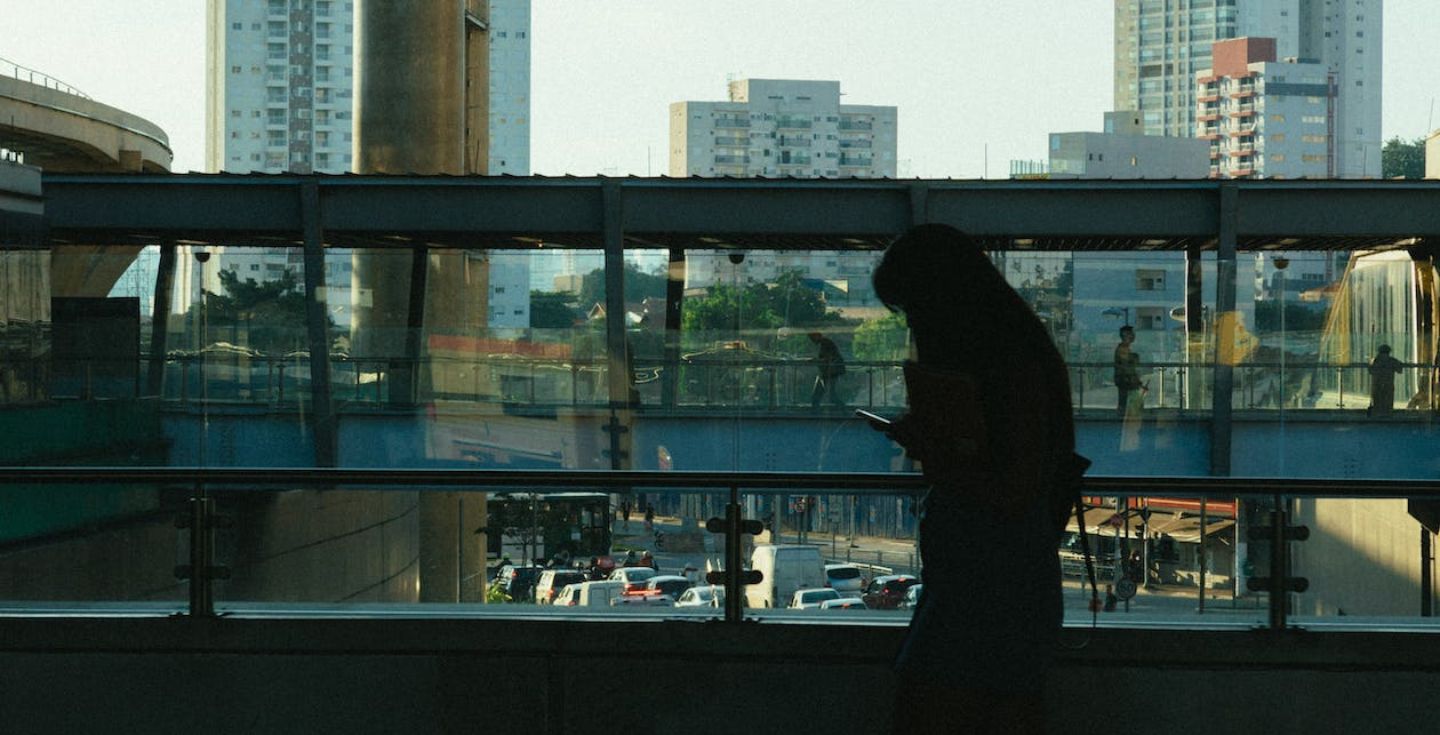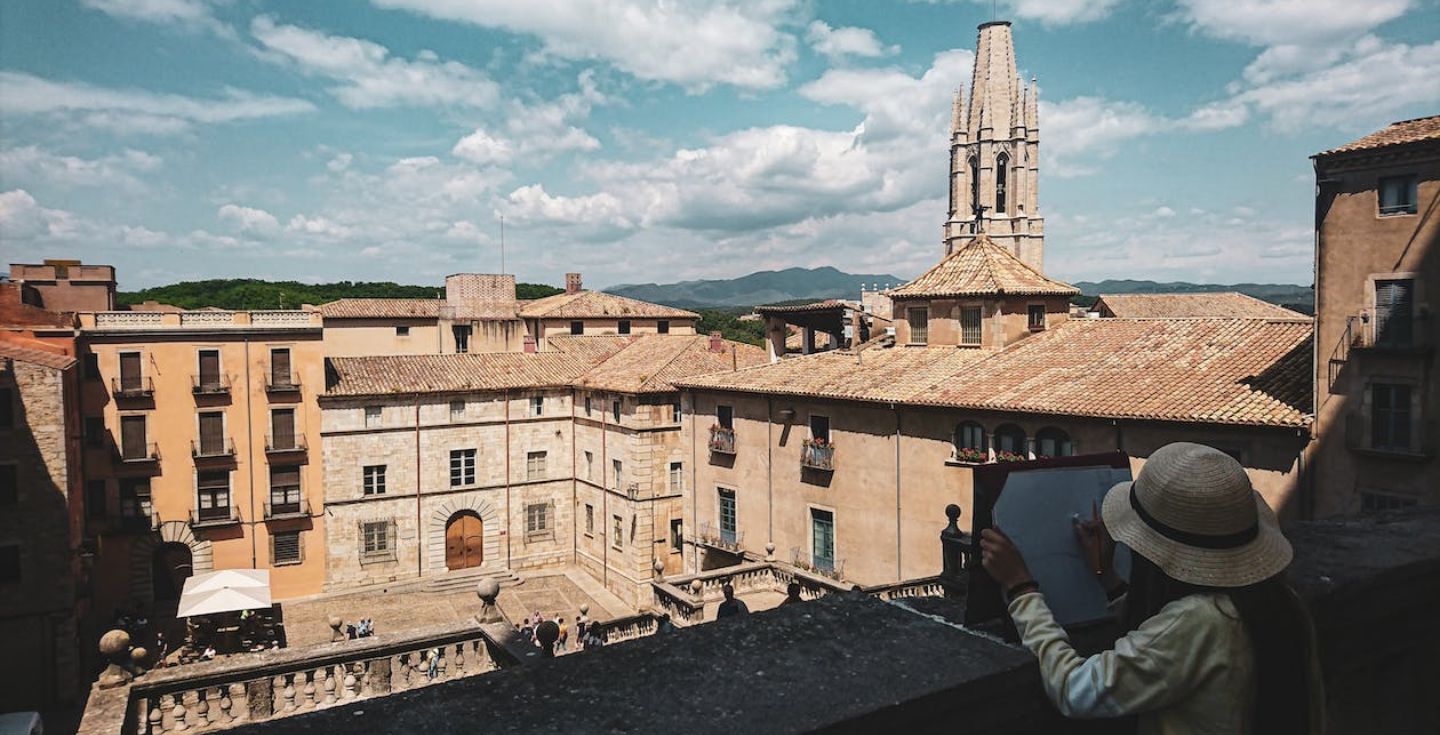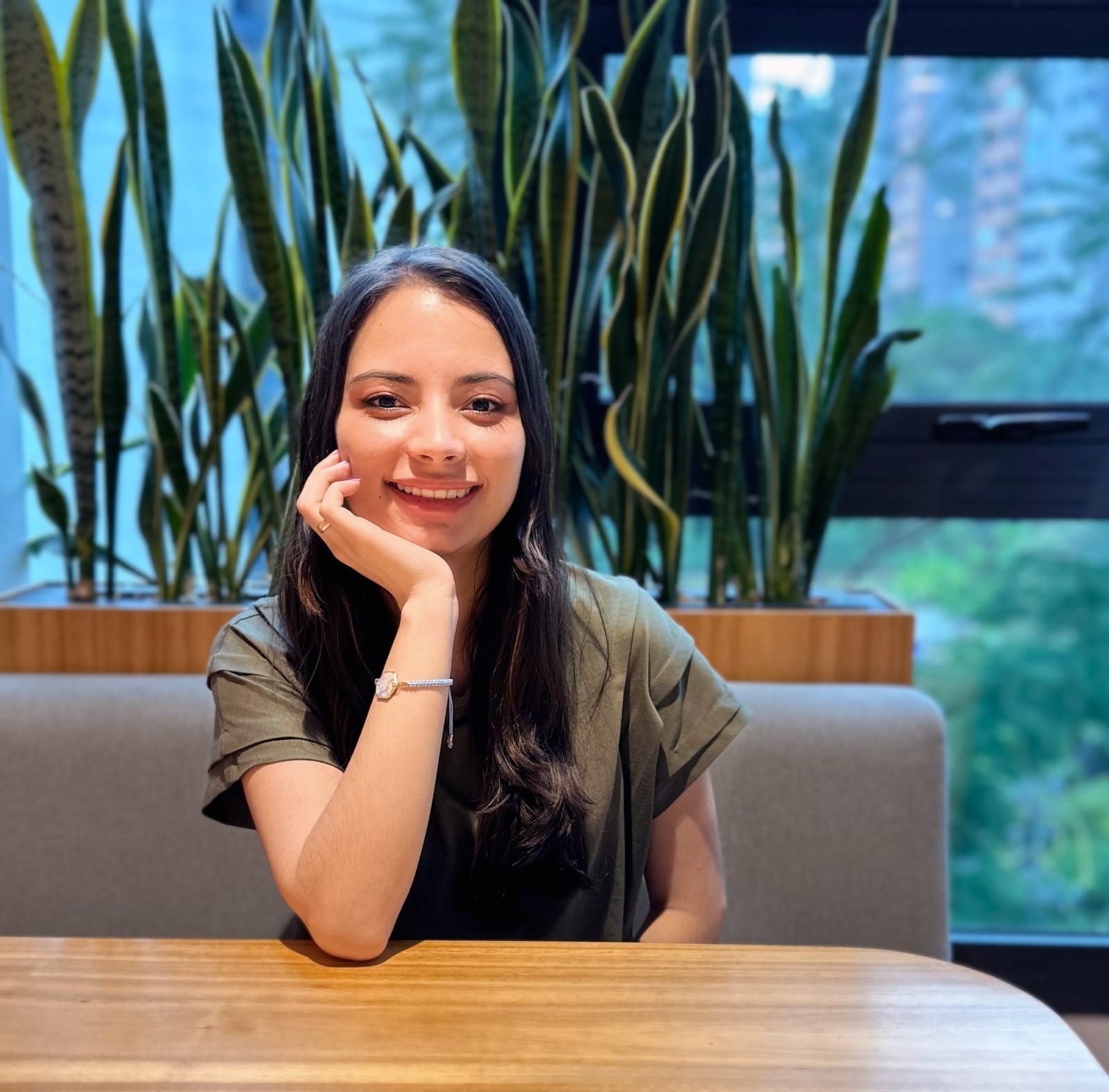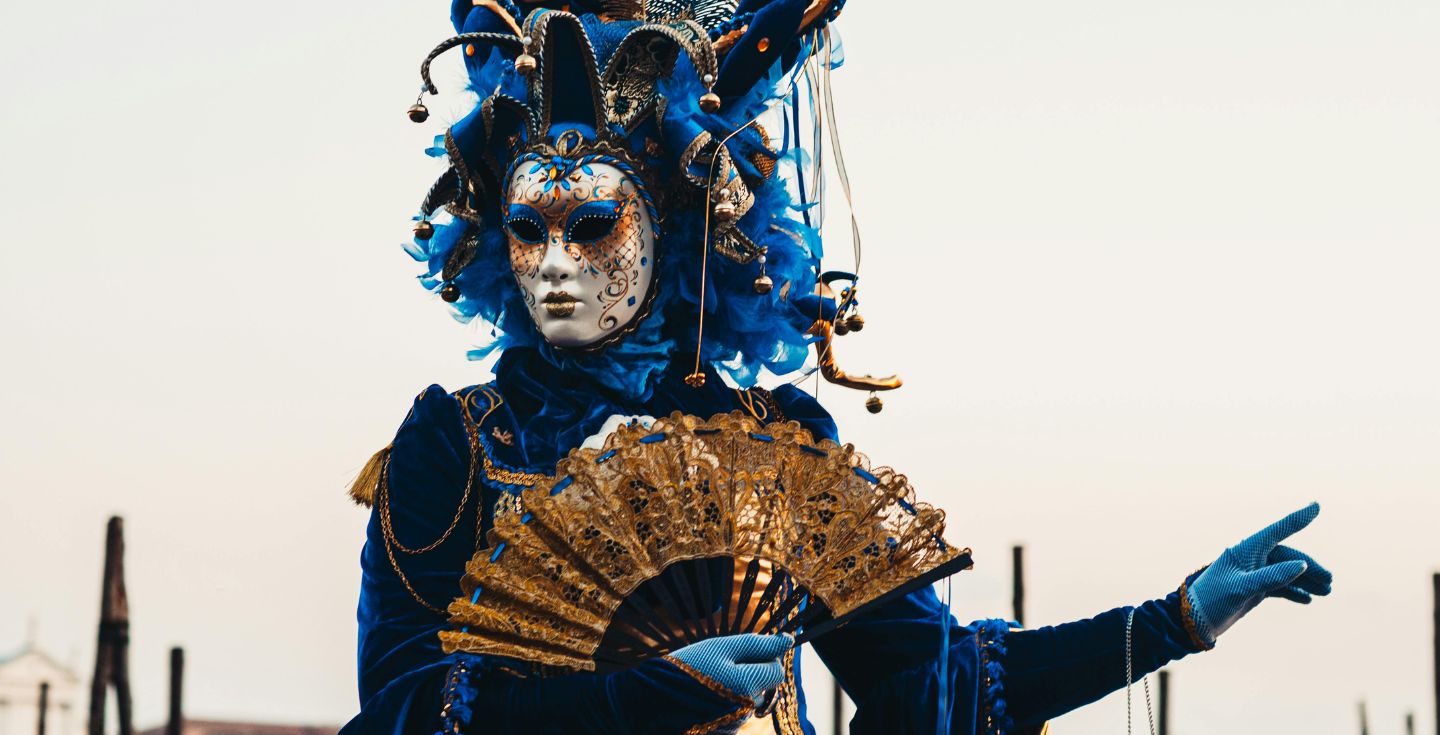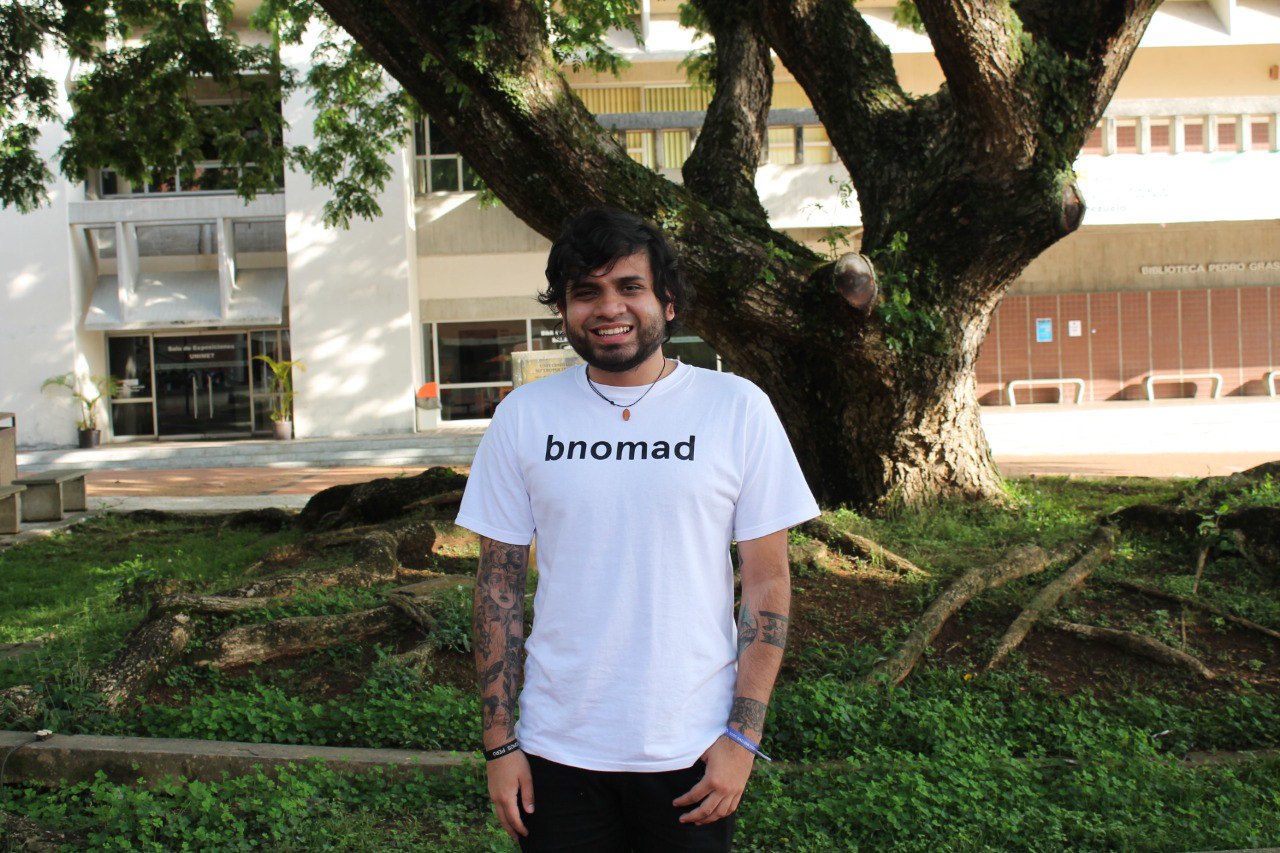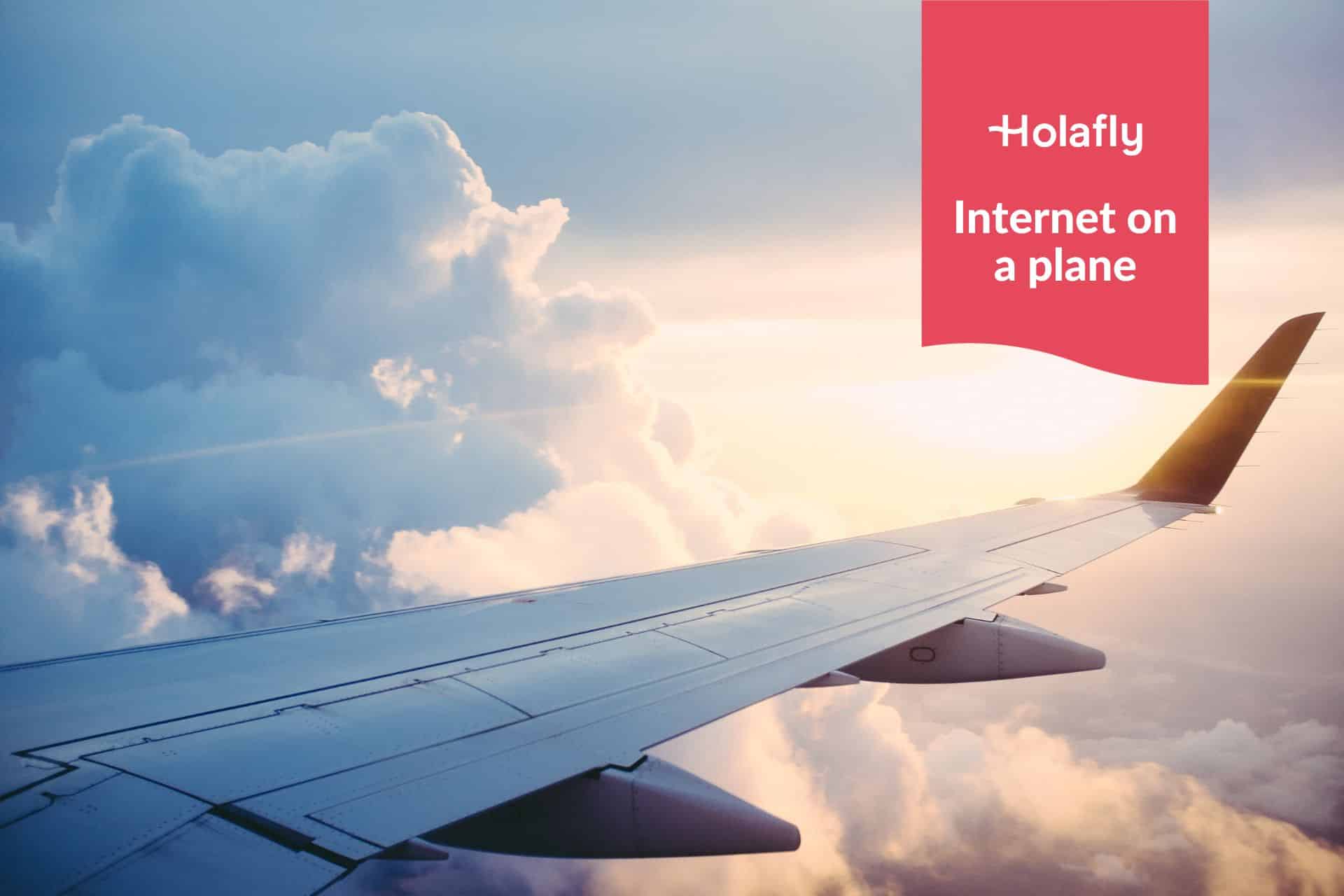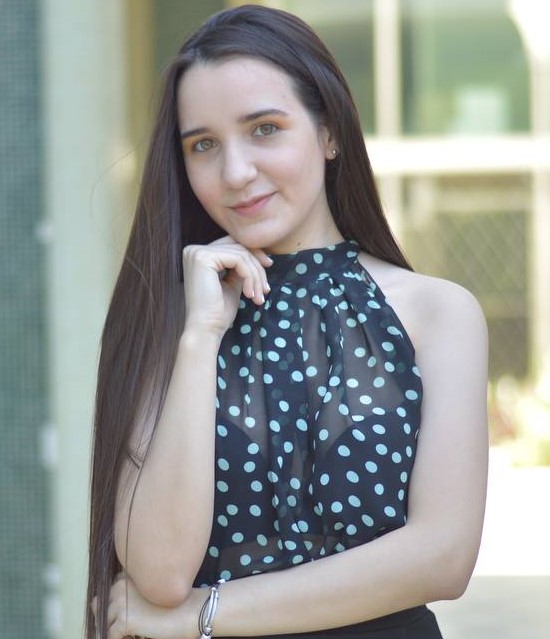Best festivals in Morocco: A complete guide for your trip
Experience the best festivals in Morocco, like Yennayer, Ramadan, and Fes World Sacred Music Festival. Connect with the vibrant culture and local traditions!
Morocco is a culturally rich land, full of history, religion, and artistic endeavors that results in a diverse range of festivals. Every year, Morocco welcomes travelers looking to celebrate and experience ancient and modern traditions through music, art, spirituality, and history.
That’s why we have prepared a guide to the best festivals in Morocco. Whether you’re into cultural and religious celebrations or modern music festivals, there’s something for everyone to connect with the country’s vibrant culture.
What types of festivals take place in Morocco?
Moroccan festivals are a unique mix, where religion, the country’s history, and culture blend into different celebrations. Religion, music, and art are the main protagonists, making these among the most important traditions for locals and travelers.
Throughout the country, you’ll find festivals based around traditional dances and food, colorful parades, unique art exhibitions, or spiritual connections. Your experience will vary greatly based on the type of Moroccan festivals you attend.
Whichever takes your fancy, these festivals are the perfect opportunity for cultural exchange; just keep in mind that they often follow the lunar calendar, so the dates will change from year to year.
Best cultural festivals in Morocco
Let’s start our guide with cultural festivals, a mix of ancient traditions and Islamic religion, where the cultural diversity will make you fall in love with the country.
Ramadan
Ramadan occurs during the ninth month of the Islamic Calendar and is widely celebrated in Muslim countries like Morocco.
Also known as the “Islamic Holy Month,” locals fast from dawn to dusk, but as a traveler, you can eat and do activities throughout the day. Just keep in mind that shops are more likely to be closed, and streets are often lonelier until the evenings.
Remember that, as a traveler, you can eat while locals are fasting, but you shouldn’t drink, smoke, or eat street food in front of locals as this is not respectful.
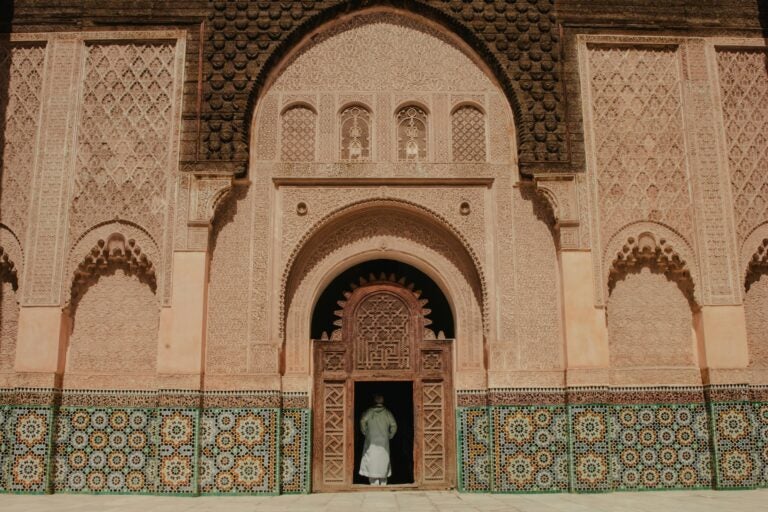
By the end of the day, you can experience iftar with locals, a meal that breaks the fasting. It’s the ideal time to connect with the Moroccan people while respecting their religion.
Ramadan usually occurs from February to March yearly, but the starting and ending days always vary.
Note: Remember to pack properly to visit Morocco during Ramadan, including loose-fitting clothes that cover your shoulders and knees. Also, you might need a scarf to cover your hair in specific areas.
Yennayer (Amazigh New Year)
Yennayer, or the Amazigh New Year, is a holiday that celebrates the beginning of the agricultural year and takes place every January. In 2025, it took place from January 11th to January 14th.
Compared to other celebrations, Yennayer is celebrated in regions with a majority Amazigh population, also known as Berber. It is the most common region close to the Atlas Mountains, where cultural performances happen throughout the festival.
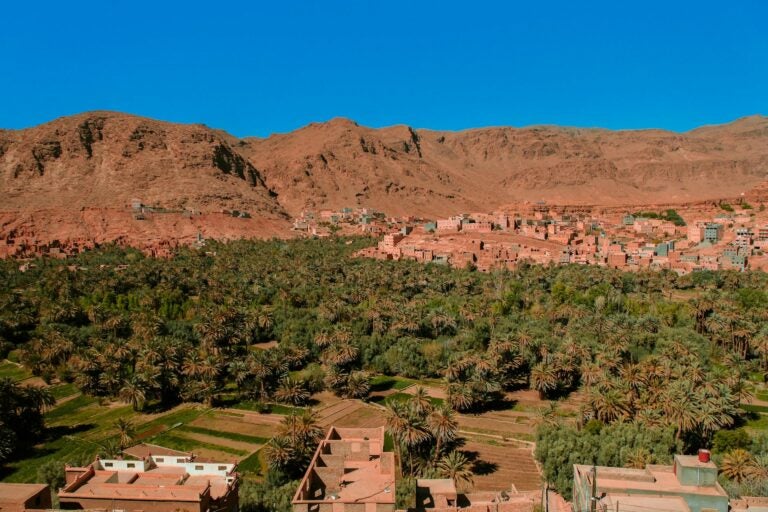
Traditional music, dances, customs, and crafting are part of the Moroccan people’s activities to celebrate Yennayer. Some cities also host special activities like Ahwash and Ahidous, both traditional Amazigh art forms. Or there is the Moroccan Craft Village in Place Rachidi in Casa Blanca, where you can get an exclusive gift.
During Yennayer, you can dress in shorts, tops, and fresh clothes. Also, remember to bring some extra cash to buy a hand-crafted gift.
Almond Blossom Festival
Celebrated in the vibrant coastal town of Tafraoute, where the landscapes are the main attraction throughout the year, this festival is a Berber tradition that welcomes all visitors.
During February, the Almond Blossom Festival is celebrated when the almond tree flowers bloom.
Throughout the festival, you’ll experience a unique festival with traditional Berber music and dances to celebrate the Berber culture, where hospitality is part of a once-in-a-lifetime experience for travelers.
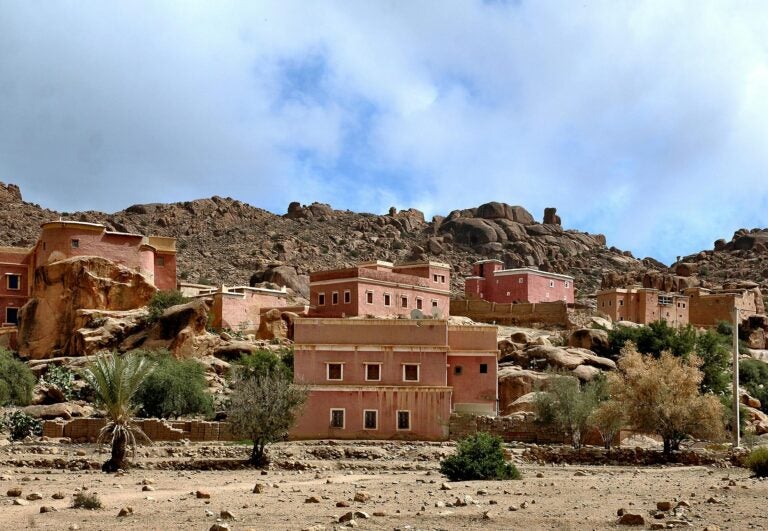
In addition to watching the cultural performances, this Moroccan festival is the perfect time for traditional dishes. It’s also the ideal time to visit the Anti-Atlas Mountains for a breathtaking view of the town and the blooming almond trees.
Bring some additional money, as you’ll surely want to try traditional dishes while experiencing the lively celebrations of the Almond Festival. Plus, bring some light clothes to stay fresh during the day or for a walk near the coast or the mountain range.
Eid al-Fitr and Eid al-Adha
Regarding religious festivals, Eid al-Fitr and Eid al-Adha are two of the most important Islamic festivals in Morocco.
Eid al-Fitr is the end of Ramadan, the final fasting day. This annual event features prayers, visits to mosques, and family reunions. For visitors, it is the ideal time to try special meals and learn more about Moroccan Muslim culture.

Eid al-Adha commemorates the sacrifice of Ibrahim’s son in obedience to god. This festival happens during the last month of the Islamic Calendar, Dhū al-Ḥijjah and it’s a time when locals sacrifice a sheep, goat, cow, or camel and share the meat with those attending the event. It’s also a time to share gifts with family and friends.
Compared to Eid al-Fitr, Eid al-Adha is celebrated differently throughout Muslim countries. Also, note that during Eid al-Adha, pilgrimage is common, but you don’t have to be part of it.
Beware that both festivals are religious events, so you have to respect the Islam religion, but you can still respectfully connect with Moroccans.
Best music festivals in Morocco
While religious and cultural festivals are extremely common in Morocco, its rich cultural heritage also opens doors for music festivals.
Essaouira Gnaoua and World Music Festival
From June 26th to June 28th, Essaouira will celebrate one of the most popular festivals in Morocco. The rich musical heritage of the Gnaoua people is the key to this vibrant event.
For almost thirty years, the Essaouira Gnaoua and World Music Festival has created an environment where musicians from around the world bring their beats and soulful melodies to connect with the traditional music of the Gnaoua people while others perform dances.
This music festival creates a unique connection between traditional Gnaoua music and other rhythms and sounds, creating a unique fusion that attendees can explore while enjoying other activities, like workshops, artistic expressions, and learning about the rich cultural heritage of the Gnaoua people.
Bring light clothes for the day for the warm June days, and take a light jacket for the nights or windy days, which are common in Essaouira. Also, bring additional money to buy Moroccan food, drinks, and gifts to take back home.
Fes World Sacred Music Festival
The Fes World Sacred Music Festival is held annually to promote peace and share your culture with other attendees.
Throughout the event, you’ll find a combination of traditional and spiritual music. Traditional Moroccan music mixes with the rhythm and sounds of musicians from other countries, as the idea is for attendees to transcend cultural and religious boundaries.
Aside from the concerts, the Fes Festival also holds workshops and discussion spaces where music lovers share why music is so important in talking and understanding others.
There are also cultural tours to visit Fes, one of the four imperial cities in Morocco, where you can learn about Moroccan culture and local customs and explore the history behind one of the largest music festivals in the country.
If you plan to experience the Fes Festival of World Sacred Music, buy your tickets in advance. Bring loose clothes, as the city easily reaches 89°F during the day, and don’t forget some additional money for tours and souvenirs.
Mawazine Festival
If you’re looking for things to do in Morocco, Rabat waits for you with the Mawazine Festival, which takes place from May to June.
Throughout this celebration, you can explore Morocco’s cultural diversity through music, where genres like rock, jazz, and pop take over traditional music. The event also features local and international artists, creating the perfect blend of sounds and a unique visual experience.
Visual arts are an important part of the celebration during the Mawazine Festival, as they uniquely explore different Moroccan traditions and customs.
Like the Fes Festival, you must get your tickets in advance. Even though some events are free, check the lineup to prepare your trip budget. A Morocco SIM card, or an eSIM, can give you connection to check for last minute tickets or lineup changes!
Also, explore Rabat, Morocco’s most important imperial city. Visit historical sites like the Royal Palace, ancient ruins, or the Hassan Tower, so prepare some additional money for the trip.
Lastly, Rabat is often slightly cooler than Fes, with temperatures ranging from 61-78°F, so you will need light clothes for the day and a light jacket for the night.
Morocco holidays: Dates in 2025
Planning a trip to Morocco around public holidays and yearly festivals is an ideal way to experience the country at its best: vibrant, energetic, and welcoming. So, which days should you look out for in 2025?
Here’s a complete list of key dates to keep in mind and add to your travel guide to Morocco:
| Date | Public holiday |
|---|---|
| Jan 1 | New Year’s Day |
| Jan 11 | Independence Manifesto Day (1944) |
| Jan 14 | Yennayer (Amazigh New Year) |
| Mar 31 | Eïd al Fitr (End of Ramadan) |
| Apr 1 | Eïd al Fitr Holiday |
| May 1 | Labour Day |
| June 7 | Eïd al-Adha (Feast of Sacrifice) |
| June 8 | Eïd al-Adha Holiday |
| June 27 | 1er Moharrem (Islamic New Year) |
| July 30 | Throne Day |
| Aug 14 | Oued Ed-Dahab Day |
| Aug 20 | Revolution Day (1953) |
| Aug 21 | HM Mohammed VI’s Birthday (Fête de la Jeunesse) |
| Sep 5 | Eîd el Maoulid Annabaoui (Prophet’s Birthday) |
| Sep 6 | Eîd el Maoulid Annabaoui Holiday |
| Nov 6 | Green March Day |
| Nov 18 | Independence Day |
Stay connected in Morocco with Holafly
You’ll need mobile internet in Morocco to make the most of the best festivals in Morocco. From directions and translations, to uploading pictures of the festivals to your social media channels, staying online is a must.
With Holafly, you’ll have two options to stay connected in Morocco. The first one is with the Holafly eSIM Morocco, which includes unlimited data, 5G connectivity, 24/7 customer support, and data sharing. Data plans start at $7.90/day, but these get cheaper the more days you purchase.
Another option is with the Holafly Connect subscription. With it, you’ll get around-the-clock access to a reliable internet connection, with plans ranging from 10 GB to unlimited data
All data plans include 5G connectivity, data sharing based on your plan, and a five-minute setup process, making Holafly Connect a great option for long-term travelers and digital nomads who want to connect with Moroccan culture through music and cultural festivals.





 Language
Language 


















 No results found
No results found









